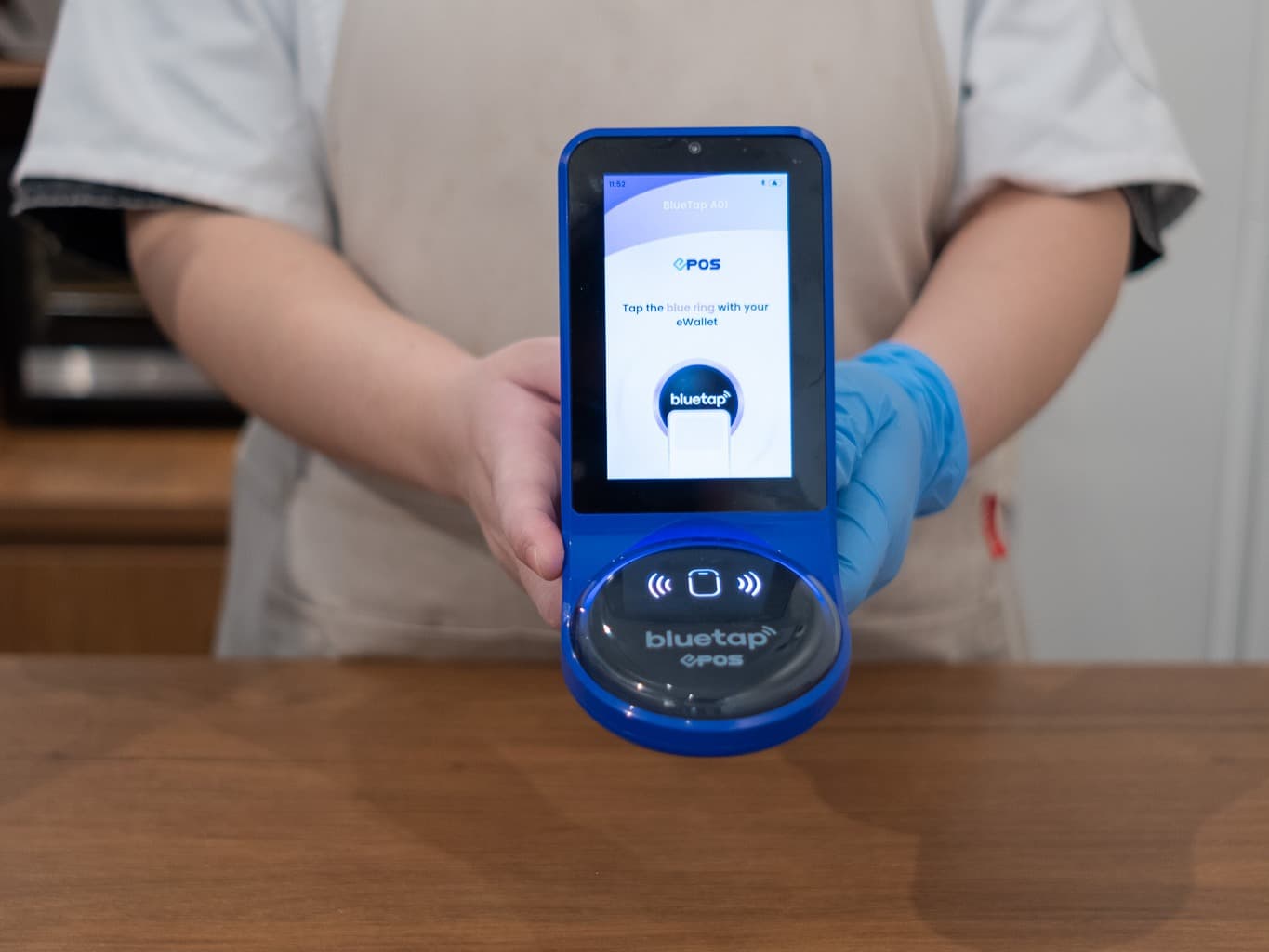

Thomas Samuals
By Thomas Samuals, President of Cardinal Expo.
Trade shows serve a multitude of purposes for businesses. If you’re exhibiting, they can help increase sales and promote new products. If you’re attending, they can teach you about the latest trends and changes in the industry. But they’re also an excellent place to network. By getting involved in your industry and sharing your products, insights, and innovations with others, you can help reach your goals. Keep reading to learn more about the benefits of networking at trade shows.
Top Benefits of Networking at Trade Shows
Even if your business is focused on making sales at trade shows, networking is an area that should not be overlooked. Here are just a few benefits of networking at trade shows to keep in mind:
1. Increase Your Brand Awareness
If getting your name and brand out there is a top priority, then networking at trade shows is an obvious choice.
For those who exhibit at a trade show, people who are interested in your industry will get to see your company name, logo, and branded materials, creating more recognition for your brand. By displaying your products or even providing demonstrations, you can create a more memorable experience for visitors to connect with your brand.
But in order to tie it all together, you and your staff should be networking with these visitors to make sure they walk away with a positive impression of your brand.
And if you’re simply attending without exhibiting, bring your business cards and network with others as a way to get your name and brand out there as well.
2. Understand Your Competitors
Depending on your industry, your competitors may be secretive about certain aspects of their business. Or they may simply lack a strong online presence that makes that information clear to outsiders.
Either way, you can use trade shows as an opportunity to network with your competitors, talk shop, and learn more about their products and processes. This can help you make sure that you aren’t falling behind your competition or missing out on opportunities that they may be capitalizing on.
3. Establish Thought Leadership
It isn’t only the official speakers and presenters who can establish thought leadership at a trade show (though if you have the chance to speak or present, it’s a great opportunity!). By networking with others in your industry, you can share your expert insights and innovations with an interested audience, helping to position yourself as a thought leader.
Share business cards, make LinkedIn connections, and even follow up a conversation by emailing a relevant blog post or whitepaper that you’ve written on the topic if you think they’d find value in it.
4. Reconnect with Customers
Particularly if you’re exhibiting, trade shows are a great way to get in front of real customers, both current and prospective. It’s an opportunity to talk to them in an environment made for networking, where they may be more open to sharing their thoughts freely and answering a lot of questions than they would be on a sales call or customer satisfaction survey.
Especially if your job prevents you from having much face-to-face interaction with customers, trade shows offer an excellent opportunity to reconnect. This can help you better understand their concerns, pain points, and values.
5. Test New Products
If you’re exhibiting at a trade show, it’s a great way to test audience reaction to new products. You can chat up your booth’s visitors and ask them what they think of the new products you have on display.
It’s a great chance to ask the specific questions you want answered, while also having an opportunity to ask follow-up questions as needed in real time. You can also offer to demonstrate how a product works or see if customers want to try the product themselves, giving you additional opportunities to solicit feedback and ask questions.
If you’re not exhibiting and you’re simply attending yourself, you can still take advantage of networking opportunities to test new products. Talk to others in your industry about the new products you’ve developed or even those that are still in development to get their feedback.
You can also take this chance to test any new products that your competitors are offering to get new ideas. And if you’re in the market for new solutions yourself, you can shop around for the products, softwares, or services that you’re interested in.
6. Stay Ahead of Industry Changes
Trade shows are a prime time for sharing innovative ideas and anticipating the biggest changes in your industry. Whether it’s emerging technologies, changing customer behaviors, supply chain issues, or new compliance regulations, you can stay ahead of the changes in your industry by networking with your peers.
Make the Most of Your Next Trade Show by Networking
If you’re looking to get more out of your next trade show, be sure to include networking as part of your strategy. Look for opportunities where networking can help meet your goals at a trade show, and have a plan to leverage networking to your benefit.


